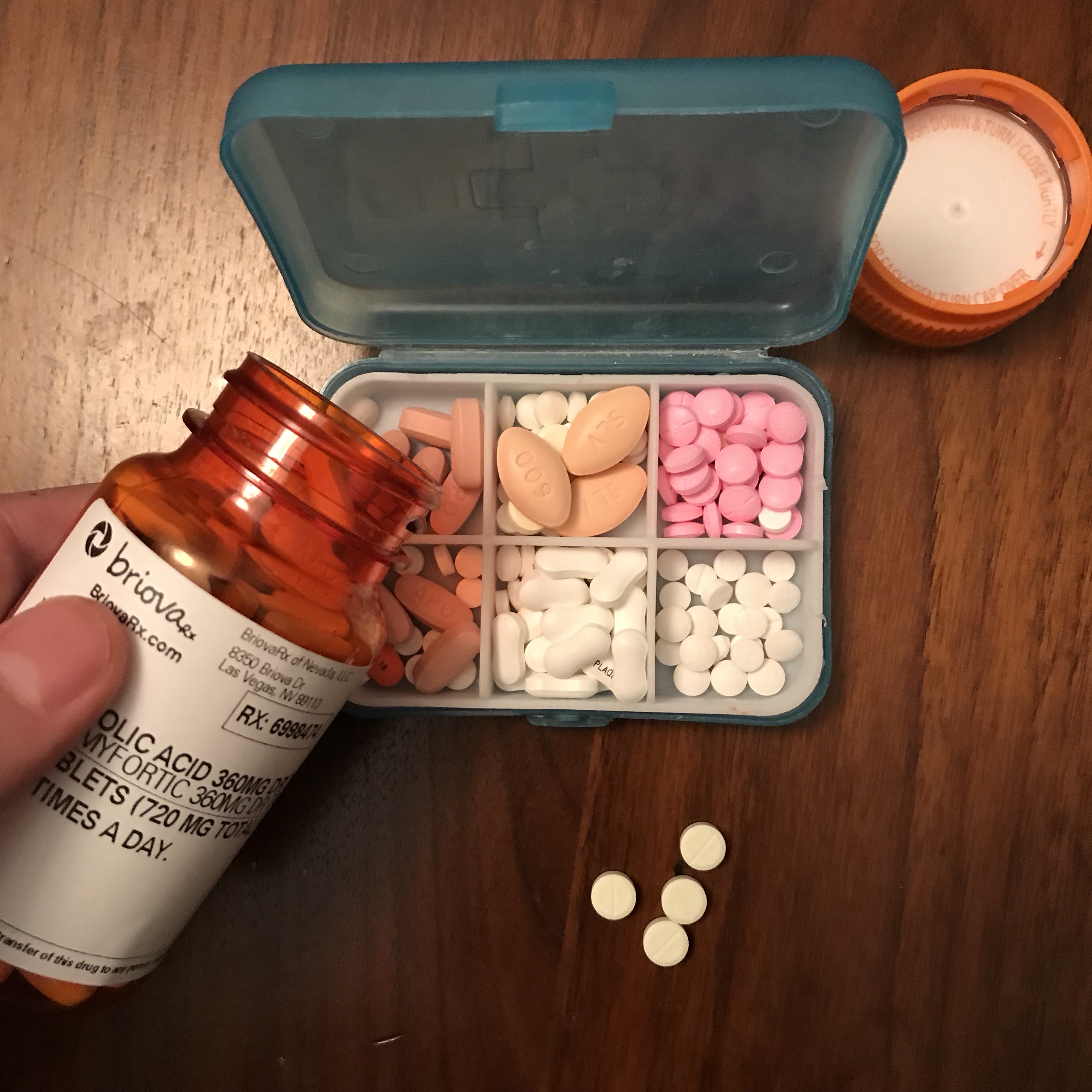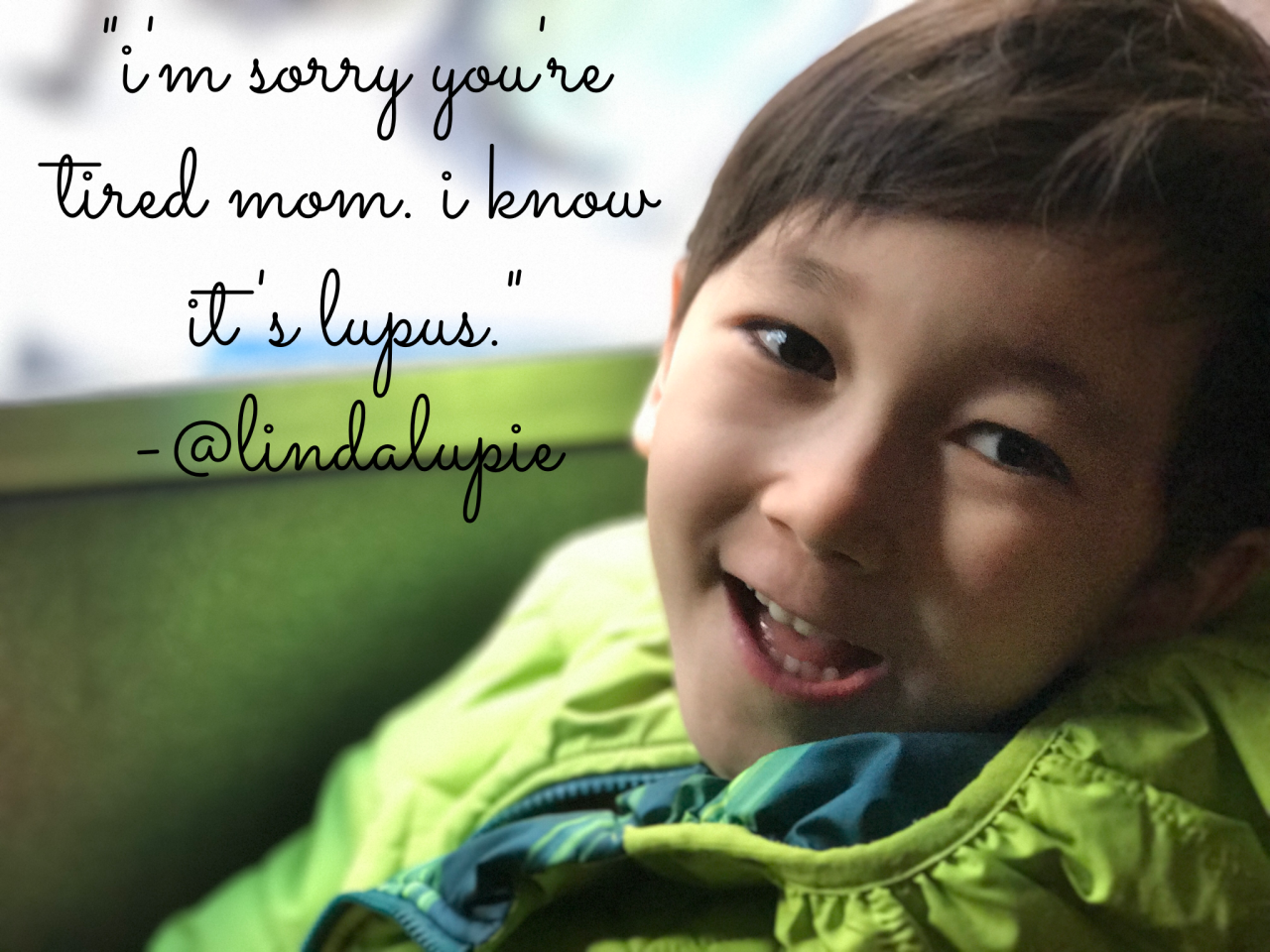I first got sick with lupus on January 23, 2010. It was the first night I stayed up bawling out loud in pain. I have never experienced such an intense and prolonged pain before. But in the near 9 years I have been sick with lupus, I have experienced all kinds of pain and continue to live with them all. My pain is all encompassing, relentless and severe.
September is Pain Awareness Month. I have wanted to share my experience with pain for some time, but I have found it a tricky topic to discuss for couple of reasons. First, pain is difficult to describe in plain terms to someone who has not experienced it and second, pain level is subjective and often met with skepticism by most people. But pain awareness is important because people with pain tend to hide their suffering, mostly to their detriment.
So here’s all the pain I experience, some alone, some combined, but always, every minute of every day.
*muscle pain: all throughout my body, my muscles feel like it’s burning, as being thrown into hot flames. Sometimes the burning comes with weight, as if your burning muscles are bring steam rolled by a pavement roller. Other times my muscles feel like it’s being punched and kicked by someone. Sometimes pinched and bruised. I often feel like my body is a heavy armor with inverted spikes built inside making it painful to move or even stay still.
*nerve pain: all throughout my body, my nerves feel like it’s unsettled, like a bunch of unstable atoms or pinballs jumping around. I feel pins and needles in my periphery joints, making walking and using my hands and arms incredibly painful. I used to liken taking steps to walking on broken glass. At the same time, I suffer numbness throughout my body, having virtually no feeling below my waste, but also feeling extreme sensitivity and pain in areas that I could feel.
*joint pain: my joints are stiff, achy and swollen. Any strain on them feels like a sprain, making simple tasks like opening a can a huge risk. Yes, typing entry has been a painstaking ordeal.
*chest pain: my chest feels compressed and sometimes there are sharp pains. Breathing feels labored like I’m breathing out of a straw. Laying down feels like I have a few textbooks on top of me.
*headaches/migraines: I have a constant low grade headache that many times turns into a migraine causing extreme pain and nausea. My whole head feels like it’s being squeezed and pounded, my eyes feel they are gorging out, there’s often ringing in my ear and I often vomit. I also have ocular migraines with flashing lights.
*stomach pain: dull to sharp pain
*heartburn
*facial pain: my face, especially my jaws suffers from dull, throbbing “itchy” pain.
*eye pain: my eyes are always dry and feel strained.
*skin rashes: I break out in rashes which are sensitive.
*mouth/nose sores: I constantly have mouth sores and sometimes, nose sores as well.
*mouth/teeth sensitivities: my whole mouth is very sensitive where the roof of my mouth and my gums feel like a layer of skin is missing. My teeth is also extremely sensitive.
*back pain: I suffer from sciatica and back pain constantly.
*cold sensitivity: my hands and feet have restricted blood flow and are very sensitive to cold. Winters are hard but even handling cold food is extremely painful as it feels like an ice burn.
My pain can be caused by all different types of illnesses that I currently have (e.g., fibromyalgia, sjogrens, raynauds, peripheral neuropathy, etc.) and it is often difficult to pinpoint exactly what is causing what. But at the end of the day, lupus seems to have been the root cause. Mainly because it seems to have caused all my other ills. When I had my big lupus flare in 2011, my heart, lungs and central nervous system were affected. This trauma left my body with nerve, muscle and joint damage and changed the way my brain processes pain.
For two years during and after the flare of 2011, the pain was so intense that I could not walk, sit or lay down. I could not sleep for more than one hour at a time. I could not carry my baby. I could not do anything. With the third year, and every year subsequent, I was able to do more. This was a result of several things working together. A combination of working medical treatments, finding modes of some pain relief, accepting and working around the pain. Even so, nothing I do is without pain, I am never without pain and I haven’t had a single night of good sleep for 9 years. I have forgotten what it’s like to be without intense pain.
I have been asked, well, if you truly are in so much intense pain, all the time, how do you live? I have fumbled with an answer for a long time. But after living with what really is unlivable pain for so long, I have learned the answer is quite simple: I have no choice.
In this I am not brave or especially strong. Like millions who suffer from chronic pain, I have no choice but to live with the pain. I have no way of getting rid of it. It is part of who I am now and the only way I can be pain-free is if I were to die.
And I choose life, despite it all.










